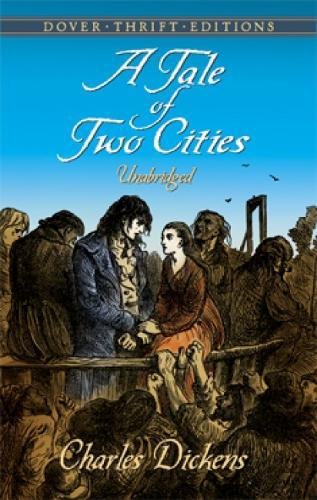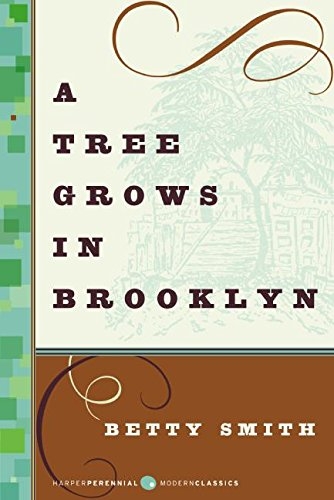Do you often stop to consider the simple importance of PLAY in your children's lives?
Do you give enough value, time, and emphasis to play?
Certainly, our society does NOT, but this is one of the many reasons to homeschool - to give our children so many of the things a traditional public school deems unimportant.
We've heard the idiom, "child's play" in reference to something that is easy to learn.
I've often wondered who decided that a child learning anything comes easily to them. It must come from the adult perspective.
That's why when laying down rails, play is an important teacher. Not because it's something that comes easy to learn, but because often times it does not.
Miss Mason on Play
“There is a danger in these days of much educational effort that children’s play should be crowded out [or what is the same thing] should be prescribed for and arranged until there is no more freedom of choice about play than about work. We do not say a word against the educational value of games (such as football, basketball, etc.) … but organized games are not play in the sense we have in view. Boys and girls must have time to invent episodes, carry on adventures, live heroic lives, lay sieges and carry forts, even if the fortress be an old armchair; and in these affairs the elders must neither meddle nor make.”
-Charlotte Mason
I don't know about you, but when I read her words wisdom on the value of play, my mind goes to the scenes from Little Women. Do you know the ones? The girls read from Pickwick Papers by Charles Dickens, creating roles for themselves from the novels, putting on plays, and doing what seems to be "child's play" - internalizing morals, wisdom, and guidance from an author.
This is the type of play that is not only perfect for summer, but really for every day in a child's life.
My own children didn't act out a Dickens novel (exactly), but because we placed a high value on living books, what they read crept into everything they did. The Barbie hair dryer chair from the beauty salon set became Queen Victoria's, "Protestantizer." The discarded Harry Potter doll they insisted I buy at the Goodwill became Pa Ingalls from Little House.
The simple act of allowing time for "child's play" laid down of imagination. And this rail was connected to the rail of attention, which would've been necessary during read-alouds to put together the simply plays and Barbie shows.
Getting Along
Nothing lays the rail of getting along down faster than play.
Everyone wants to be the hero, the princess, or be the one to choose who will be on their team. Simply allowing our children the freedom to choose their own games, create their own fun, allows us to use our influence along the way.
We can employ the art of motherly suggestion to help them see that it's better that everyone get a turn, learning to accept the limitations of younger siblings, or helping them choose the right thing to do, and so form their conscience.
Getting along is more than just telling our children to "just stop it" and it's not over explaining to the point of losing their interest. Using motherly admonishing, training, and suggestion in a consistent manner helps them know what to expect. They develop strong social cues of appropriate behavior. To quote my Grandma, who was unknowingly quoting Proverbs 18:24, it helps them to "show themselves friendly", and make friends of their siblings and others.
This rail alone will save you a lot of headache during the normal school year.
Usefulness
Another way that child's play is a wonderful tool to lay down rails, is in the way it demonstrates usefulness.
During a game, especially one of strong imagination, a child loves company. The role that each child plays in the child's play story helps them see and understand usefulness.
This is important when in real life they are more than useful, they are necessary. Their roles and responsibilities in and to the family can be shadowed in their play.
A wise mother will point out (in a natural way) the role her children play in the day-to-day functioning of her home. Not to pigeon hole anyone, but with a spirit of thankfulness.
Therefore, usefulness lays down another rail- gratitude. And that leads us to temper.
Temper
Temper is really two things. It's a nature we're born with in our natural self. As we mature, our natural self maintains its temper, also known as personality or temperament. You've probably heard of choleric, sanguine, phlegmatic, and melancholy. Each person is a natural combination of these traits, and often lead with a dominant one. Is your child introverted or extroverted?
Our own parental temper can rub up against that of our child's temper, and that can be a source of trial and training. For both of us!
(Ask me how I know.)
Play easily lays down the rail of forming the temper, because it respects the natural temper of the child (what gift he brings to the play), while teaching him to bring it under command.
A choleric child may be prone to quit if he's not in charge.
A phlegmatic child may want to sit on the sidelines and watch the play.
A sanguine child may be so imaginative it can seem they aren't truthful.
A melancholy child might complain about the way the others are playing if they sense injustice.
Knowing and understanding your child's natural temper, and your own, can help you guide them with understanding. And as a rail, it can prepare you for less exasperation during the school year.
It's not reasonable to expect a naturally phlegmatic child to take center stage without some training, guidance, and patience.
Child's Play as a Foundational Rail
If you've never really looked at play this way, it can be a little intimidating. It's sometimes easier as parents if our children would just "go play" so we can accomplish something. And while I wouldn't advocate hovering, as far as laying down rails, play is the perfect opportunity.
Next time your children engage in fort building, putting on plays, and creating—stand at hand, looking for ways you can lay down rails.
Habits: The Mother's Secret to Success (Charlotte Mason Topics) (Volume 1)David Copperfield (Penguin Classics)A Tale of Two Cities (Dover Thrift Editions)The Life of Our Lord: Written for His Children During the Years 1846 to 1849The Pickwick Papers (Penguin Classics)Little Women (Puffin in Bloom)Laying Down the Rails for Children: A Habit-training Companion; Books 2Laying Down the Rails -- Workshop DVD




















